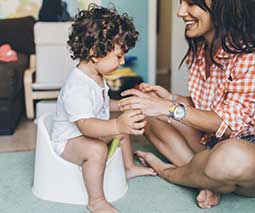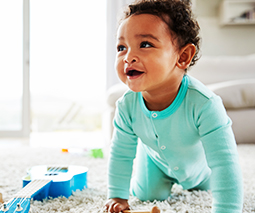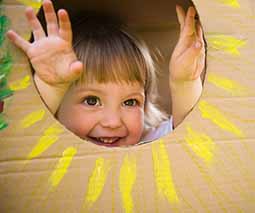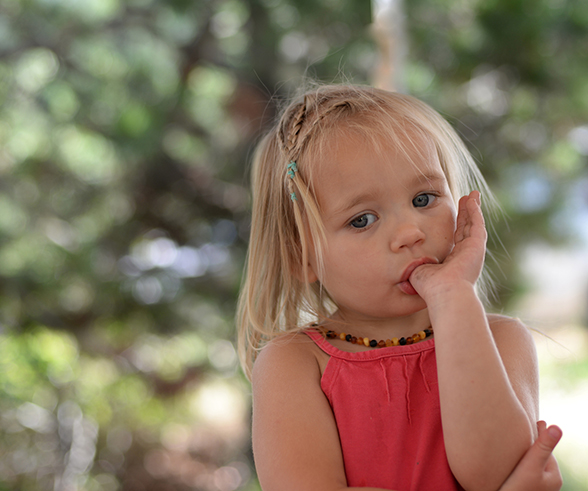5 benefits of make-believe play for children
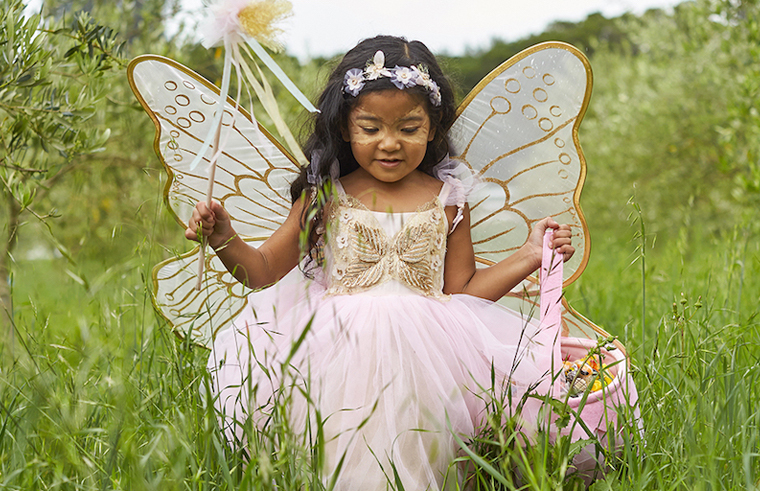
On the surface, make-believe fun and dress-ups might seem like a giggle-inducing load of child’s play, but if you dig a little deeper you’ll discover that kids are learning big lessons as they try these pint-sized characters on for size.
1. Empathy
What better way to put yourself in someone else’s shoes than by literally putting yourself in their shoes or fireman suit or cat’s tail, make-believe style?
Kids who might otherwise never consider how it would feel to be a mother, a baby sister or a puppy get their first brief dose of being someone or something else, acting these roles out at play time.
An early, hearty dose of empathy is served up as they ponder the experience of having a crying baby (doll!) or being a very hungry (pretend) pup.
Processing these brave, new temporary feelings in role play helps to enrich kids’ real-life relationships, broadening their usually me-focused view of the world to include the wellbeing of others.
2. Exploration
Pulling on some dress-ups and pretending to be someone else creates an exciting new awareness of the possibilities life offers.
Snuggling on the couch in a onesie and slippers is pretty great, as far as preschool life goes, but switch the onesie for a fairy costume or an astronaut suit and it soon becomes clear that the sky – or infinity and beyond – is the limit.
Kids suddenly realise that there are hopes and dreams to be had, ambitions to be pondered. A ready imagination and a dose of make-believe is the unassuming catalyst for this big picture moment.
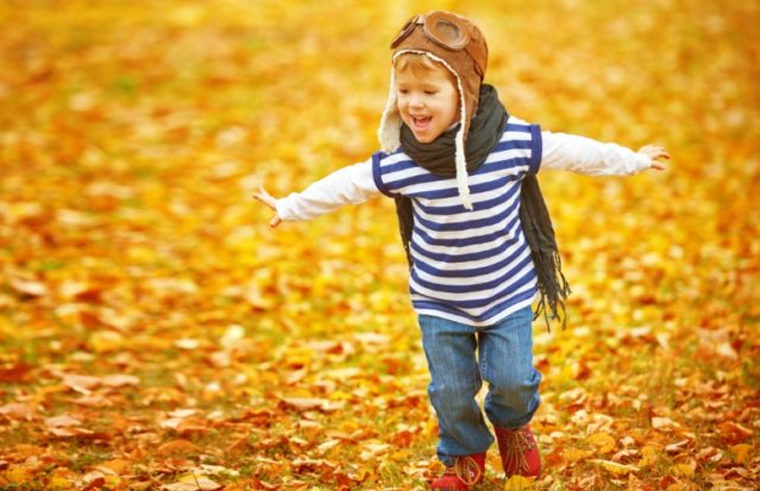
3. Language
Make-believing you are someone or something else opens up a whole world of new pretend situations and conversations, ripe for developmental gains.
Kids who may never have considered what a postman or doctor or a teacher might wear, do or say are quickly prompted to improvise whole sentences they may never have uttered before.
They might learn the word ‘stethoscope’ for the first time. They might imagine what the postie would say when you answer the door. Make-believe helps language to develop in leaps and bounds and encourages imaginative scenarios that encourage kids to thrive.
4. Co-operation
Role play means just that – playing your role, and make-believe is a great incentive to drop the usual (sometimes challenging!) behaviour and practise being much more cooperative, playing nicely with others.
The fun of make-believe is stepping out of the familiar and delightedly concocting a new persona. Better still if that new persona is pretend playing with other similarly imaginative kids or family members. New opportunities to work together and solve problems arise, and ‘in character’ negotiations provide a chance to experiment and divert from their behavioural comfort zone.
This imaginative play gives kids license to ‘bust out’ of familiar patterns in the knowledge that they can return to their usual charming selves once the game is over. It’s a kind of practise run for friendlier fun, if you will.
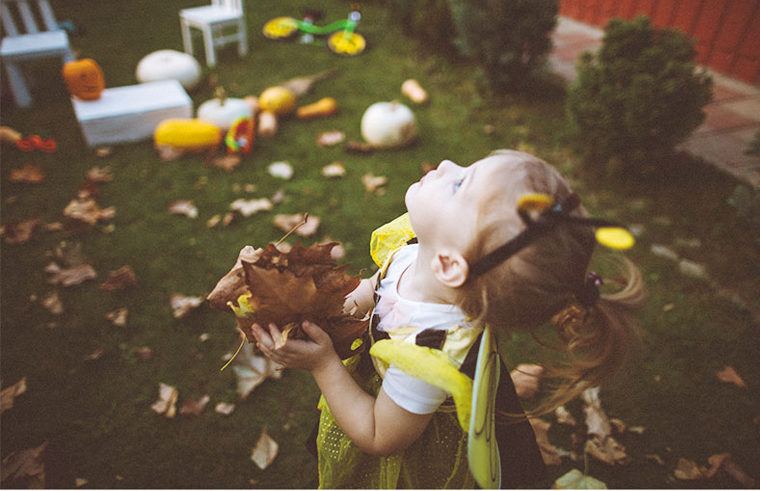
5. Awareness
As kids ponder the characters they might want to play, they are also subtly considering their place in the world.
Pretend play means they can be anyone or anything, so they have a chance to think about where they fit in and who plays a role in the world around them.
Before you know it, everyone (or every pet) they encounter is a potential new play idea and they’re soaking up concepts of what makes others tick, how they look, what they say, how they move and what they do – and isn’t that what we all want our children to understand?
 Need some support to be the best parent you can be? Our Parent School parent coaching experts can help. Click to find out more or book a one-on-one session.
Need some support to be the best parent you can be? Our Parent School parent coaching experts can help. Click to find out more or book a one-on-one session.
